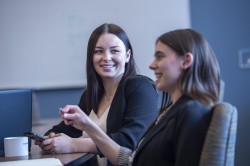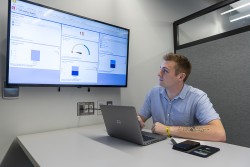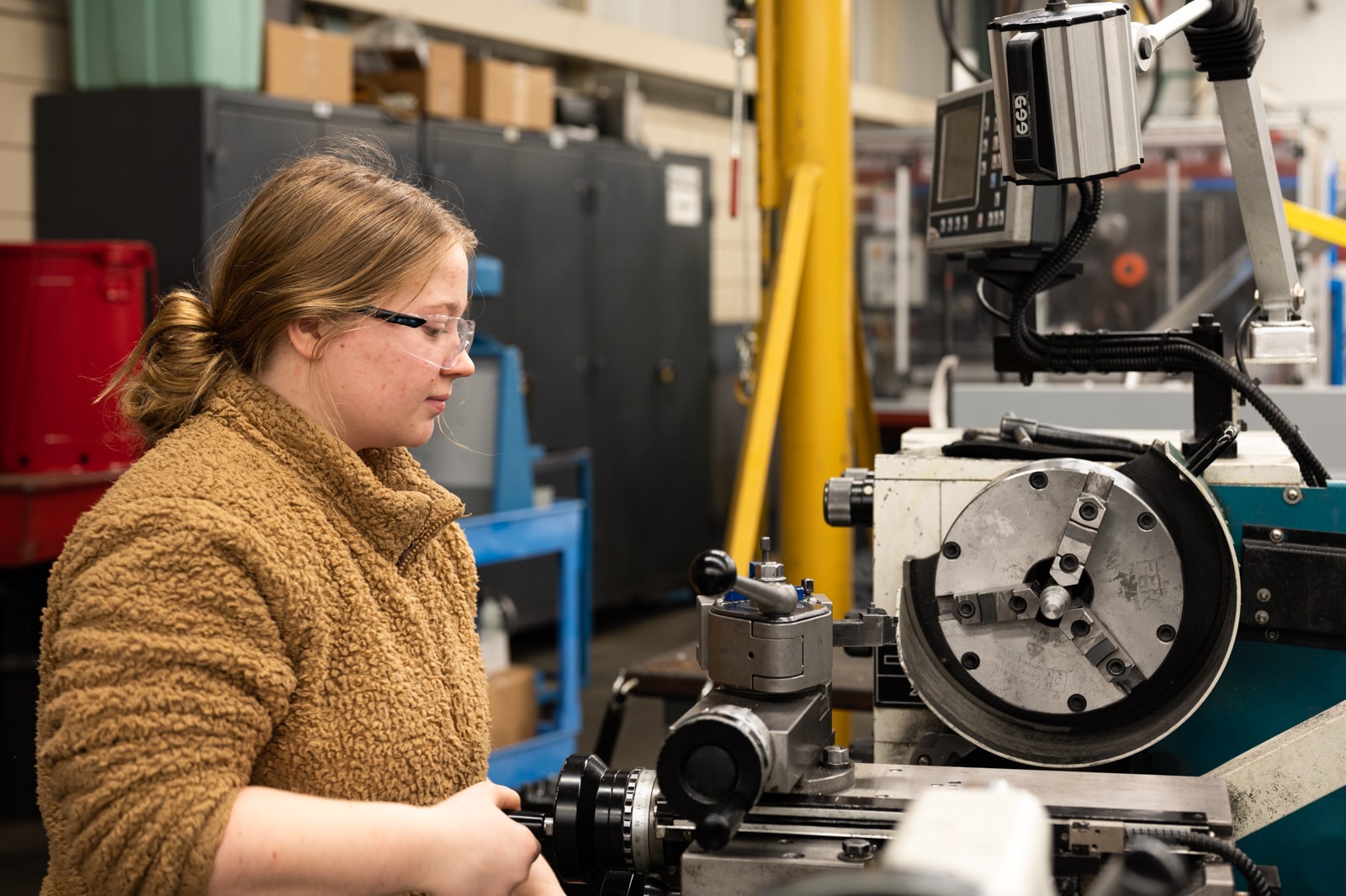Experiential learning is learning by doing. The experiential method of teaching is proven to be more effective compared to a lecture-style method. Schools recognize the importance of hands-on learning and these components are often included in their curriculum or programs. Every Fanshawe student participates in SILEx or Signature Innovative Learning Experience to meet the needs of employers.
Fanshawe integrates several categories of experiential learning, such as apprenticeship and capstone projects, in the programs they offer.
Employers particularly look for these skills—that’s why some professors encourage students to learn outside the classroom while others bring real-life scenarios inside the classroom. Students get to participate in solving real issues and problems, which prepares them for successful employment after completing their programs. The knowledge and skills that students learn from engaging with actual clients provide them with a competitive edge with employment opportunities.
Customer Relationship Marketing & Sales Management
Tyler Winter, a recent graduate from the Customer Relationship Marketing and Sales Management program, shares that he was able to instantly apply theory to a real-world situation through his capstone project. “We addressed a live client’s CRM issue. The client is a B2B financial group, where we presented on how hybrid sales and marketing can be a solution,” he says. Together with his teammates, they were given feedback by the client throughout the project. “My interactions with the client enabled me to incorporate learning principles while providing various solutions through hands-on tasks. It provided an opportunity for me to be creative and think outside of the box. Issues can have more than one solution,” adds Tyler.
The project required him to work in a group where he was able to practice teamwork and enhance his leadership skills. In one of his job interviews, Tyler was given the same scenario as his capstone project. Being familiar on what B2B is made it easier for him to build and solve the scenario at the same time. Tyler considers himself fortunate and was offered a role just two months after he completed his CRM and Sales Management program. He credits experiential learning, through his capstone project, in getting the job offer.
Marketing Management
Meanwhile, Liane Cyreno Tavares De Souza attributed the capstone project she worked on during her Marketing Management program to securing her current role as marketing and sales officer. She recalls being contacted by her previous professor offering her a part-time job. “I put in hard work and go beyond what my professors ask me to do. I appreciate that it was recognized,” says Liane. “In class, we were presented case studies about real companies. I made the extra effort to research these companies so that when professors bring these people to talk in class, I am ready and prepared as to what questions to ask.” The marketing plan and recommendations she developed for her capstone project were eventually adapted by the clients she worked for.
Listening to their guest speakers gives Liane a different perspective on case studies from just simply reading them. Liane also values that she was taught by professors who are industry professionals and added:
“Courses are skill-based and the examples they provide are their own or stories of brands and companies they worked for or are working with. Professors give us a glimpse of what’s happening behind the scenes."
Liane shares that she was offered a full-time position with her current employer after completing her second program in CRM and Sales Management.
Experiential learning opportunities—like the ones Tyler and Liane experienced—enable students to develop the transferable and employable skills needed to get hired. The intentional way of integrating experiential learning helps give students the competitive edge and an established path is set for them after graduation.
Interested to learn more about other Fanshawe Business Programs? Learn more here!






